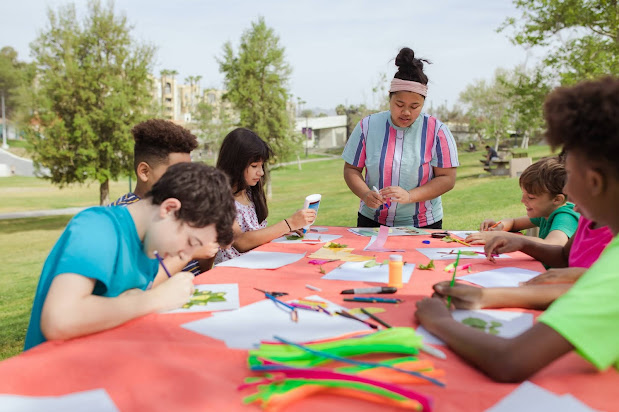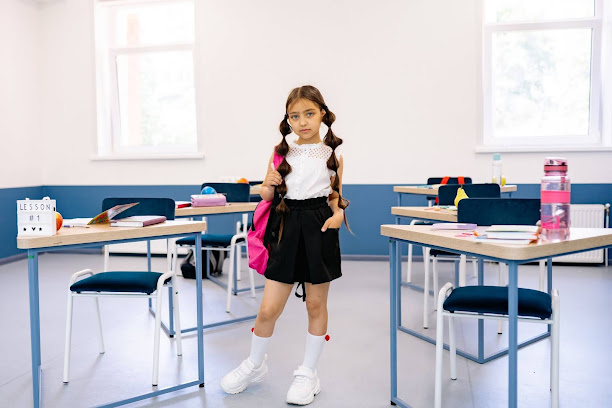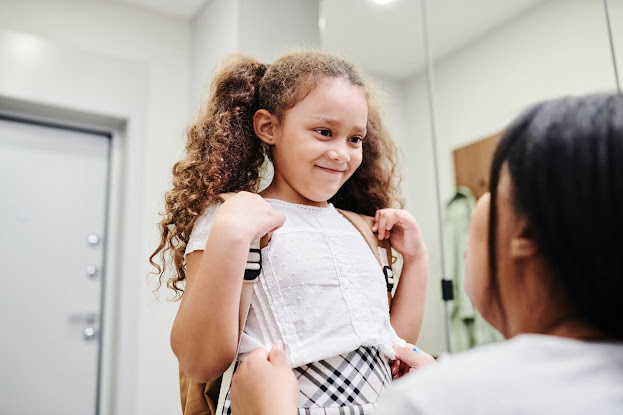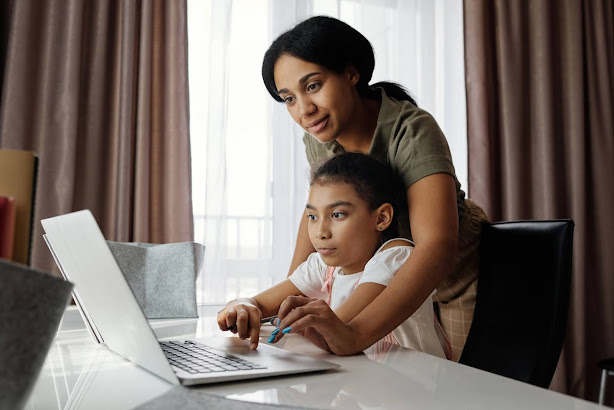As industries change
and adapt, so do the skills needed to be built by the education system. As a
result, more is being added to the curriculum like coding which was introduced
to schools in 2014. There are many benefits to having coding lessons in schools
as an independent school
in Buckinghamshire explains below.
Transferable Skills
Regardless of whether
or not your child wants to pursue a career in technology, coding lessons can
help them build skills that will make them more employable and better prepared
for work. Skills like problem-solving, creative thinking, and much more. In
whatever career your child pursues, whether music or engineering, they’ll face
problems where they need to apply themselves and think of solutions.
Digital Literacy
More and more of life
is becoming engulfed by technology. Having knowledge of how that technology
works can help children in their day-to-day life and help them be ready to face
the changing job market. Knowing how to code will open doors for them and
ensure that they don’t need to retrain.
Patience
Coding is something
that requires patience and lots of it. There are lots of different solutions
that can be applied but not all will produce the desired result. That means
playing with alternatives and trial and error.
Fun
Creating things is
fun - especially when they are digital creations that you can see come to life.
As they find solutions that work, they’ll feel overjoyed, and their confidence
will grow along with their knowledge.
Greater Academic Performance
The thinking skills
that your child gains and enhances through coding will help them in other
subjects throughout the curriculum. Subjects like science where hypotheses are
created and put to the test. This can help them to secure more attractive
grades and yield greater success.



























